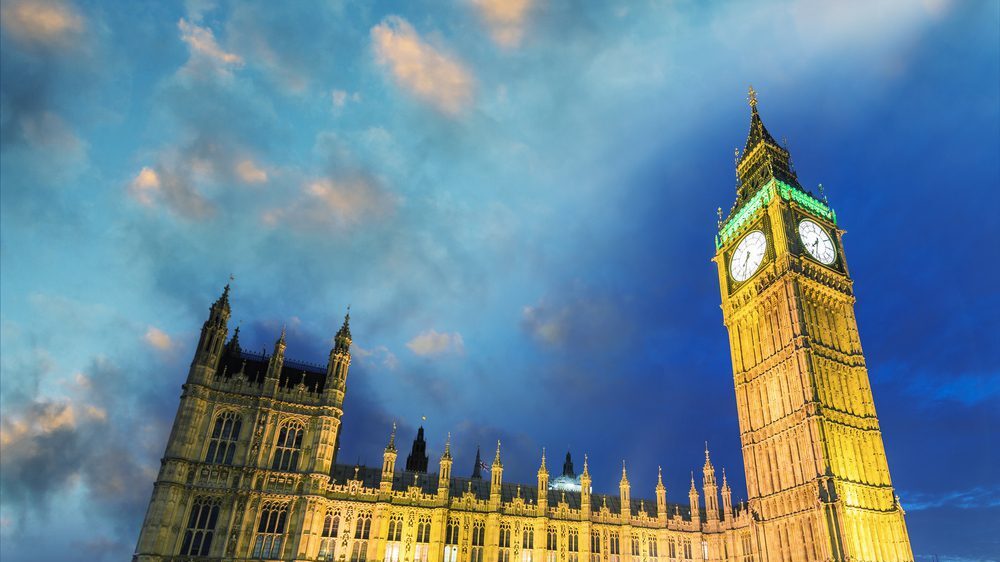
The number of complaints handed to parliament’s sleaze investigators almost quadrupled last year during Boris Johnson’s fall from grace.
The Times reports that 5,672 written complaints were made both by MPs and members of the public in the year to April. The numbers stood at a far lower 1,434 in 2021-22 and 1,780 in 2020-21.
During this time, cabinet ministers were under investigation by the police for lockdown breaches, politicians were said to have launched “personal attacks” against members of the public on social media sites, and numerous allegations of sexual misconduct were made against members. There are so many written complaints that a body is being tasked with looking over around 2,000 of them before the official watchdog investigates.
A “very large” number of the complaints also related to MPs simply failing to do their jobs by not responding to constituent queries. Some, an official said, are not “operating as effectively as they should be,” while others are refusing to accept emails altogether.
Reports on the increase in complaints have focused on Mr. Johnson’s time in office, given the overlap that includes both the Johnson and Sunak premierships. The Times noted that “the rise in written complaints has not been attributed to any particular event.” But others have taken the news as an opportunity to take aim against their enemy. The Open Britain campaign group has, for example, declared that “Boris Johnson’s greatest legacy is the erosion of British democracy.”
💥"Complaints to the parliament's sleaze watchdog quadrupled last year amid fallout from the Downing Street parties and Boris Johnson's exit." – Boris Johnson's greatest legacy is the erosion of British democracy. #StopTheRothttps://t.co/QCyBnzJeJE.
— Open Britain (@OpenBritainHQ) August 8, 2023
It was expected that Rishi Sunak’s move to 10 Downing Street would help to put a bit of a hold on the Tory party, with cabinet minister Michael Gove joking at this time that “boring is back.” But the party is still said to be “rolling” in sleaze.
During Sunak’s short premiership, Tory officials have been under investigation for bullying, tax dealings, and sexual misconduct. Such cases, wrote Adam Forrest in The Independent earlier this year, are “swirling” around the prime minister.
Efforts are being made to stamp the issue out, including banning MPs under investigation for violent or sexual offences from parliament. But the issue is rooted deeply in Britain’s political culture and would take a good amount of electorally risky measures to effectively deal with the matter.
